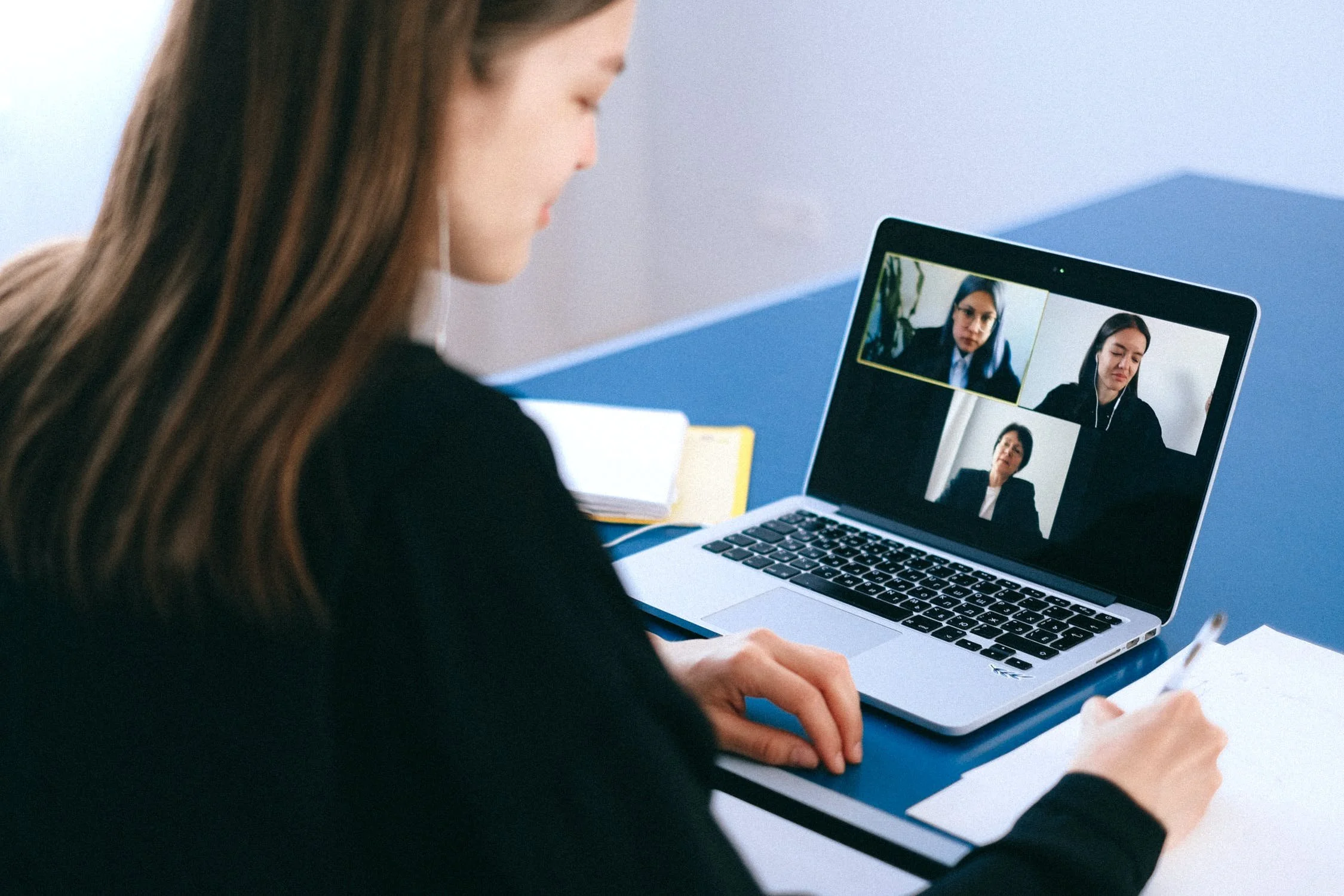How to Prepare for the Most Asked Interview Questions
By Wim Dodson
I’ve suffered through thousands of interviews as the interviewee and delivered suffering to hundreds of poor souls as an interviewer. One thing I’ve learned through it all is that there are basic questions that most interviewers field by rote.
I’ve also learned most of us have some level of stress and anxiety strolling into an interview. It can feel like an inquisition that may lead to our untimely demise. It can be extremely overwhelming and tough to concentrate during an interview. When you interview for a job, you want to present yourself in the best light and demonstrate that you are the best person for the job. By acquainting yourself with the responses to interview questions ahead of time, your opportunities of securing the job increase significantly.
Some interviewers are proficient at asking interview questions and your success depends primarily on how you address their questions. Some may appear overly direct; however, the objective seldom changes: the hiring managers want to know if you're really the best candidate for the task. Familiarity with the business and the kinds of concerns the recruiter has will boost your career, no matter how knowledgeable and skilled you are.
Common Questions Interviewers Ask
Oddly, there is a scary consistency in the list of questions interviewers ask. I’ve been tortured by interviewers in several countries, and have found the same corporate lack of imagination across the board:
Tell me about yourself.
What are your strengths?
What are your weaknesses?
What do you bring to our team?
Where do you see yourself five years from now?
Why do you want to work here?
What is your salary expectation?
What motivates you in life?
What makes you a good team player?
Is there anything that you would like to ask me?
Monster.com as well as a plethora of other job sites offer generic answers to the generic interview questions. But you need to go one - even two - steps further.
Whatever the source of the interview template, it’s a good idea to rehearse answers to the questions. Another great idea is to rehearse follow-up questions of your own to ask once you’ve answered one of the boilerplate questions. The approach helps reset the “balance of power” away from the interviewer and back toward you. See the EmployDiversityNetwork.com post “Turn Interviews Into Memorable Conversations” to learn how to do this.
The most typical opening shot, though, is "tell me about yourself". The question is meant to be your opportunity to favorably present yourself and your employment history. You can highlight your qualifications, strengths, achievements, and and approaches to solving problems. However, do not go overboard when you’re answering this question. It’s tough to see an interviewers eyes glaze over during a phone interview. It is easy to see in a skype or face-to-face interview, though. So be succinct! Consider responding to the question by rephrasing what you understand of the role for which you’re interviewing. Then frame your professional background within the context of what you understand to be expected of the position.
Resources to Prepare for Interview Questions
You can find some terrific resources on how to respond to interview concerns from many online work resources. My favorite is HumanWorkplace.com. The Founder of the job search and career advisory, Liz Ryan, is funny, irreverent, scathing and spot-on in her assessment and advice about the job search and interview process.
An “A” for Attitude during Interviews
Aside from your resume, an interview is the only thing standing in between you and your dream task. Make sure you dress well; no t-shirt and jeans or revealing party-wear. Smile and task a positive passionate attitude, and remember your good manners and communicate plainly and audibly.
Handling new difficulties and higher responsibility ought to be emphasized when you respond to interview questions, because going without goals or career goals makes you appear unmotivated. Act like you truly want the job and you'll most likely get it; attitude is everything!
Manage the Interview
Bring a fresh copy of your resume and cover letter too. Sometimes interviewers forget to print a copy of your resume. It becomes difficult to reference your own successes otherwise.
After the interview, send a thank you email later that day. Don't wait until the next day or the day after. You have to imagine the interviewer will be talking to dozens of individuals about the job at hand. It will be easy for them to forget you if you don’t otherwise do something after the interview to stand out from the crowd. If you have not heard anything in a week, call the hiring supervisor to ask if they are close to a decision, or if they have already made one.
When you interview for a job, put on your game face (as footballers like to say) and demonstrate that you are the best individual for the task. By familiarizing yourself with how to answer job interview questions ahead of time, your chances of getting the job increase considerably.
Your success in the interview depends on how you address the interviewer’s direct and most significant concerns. Remember, aside from your resume, interviews are the only thing standing between you and your dream job.











